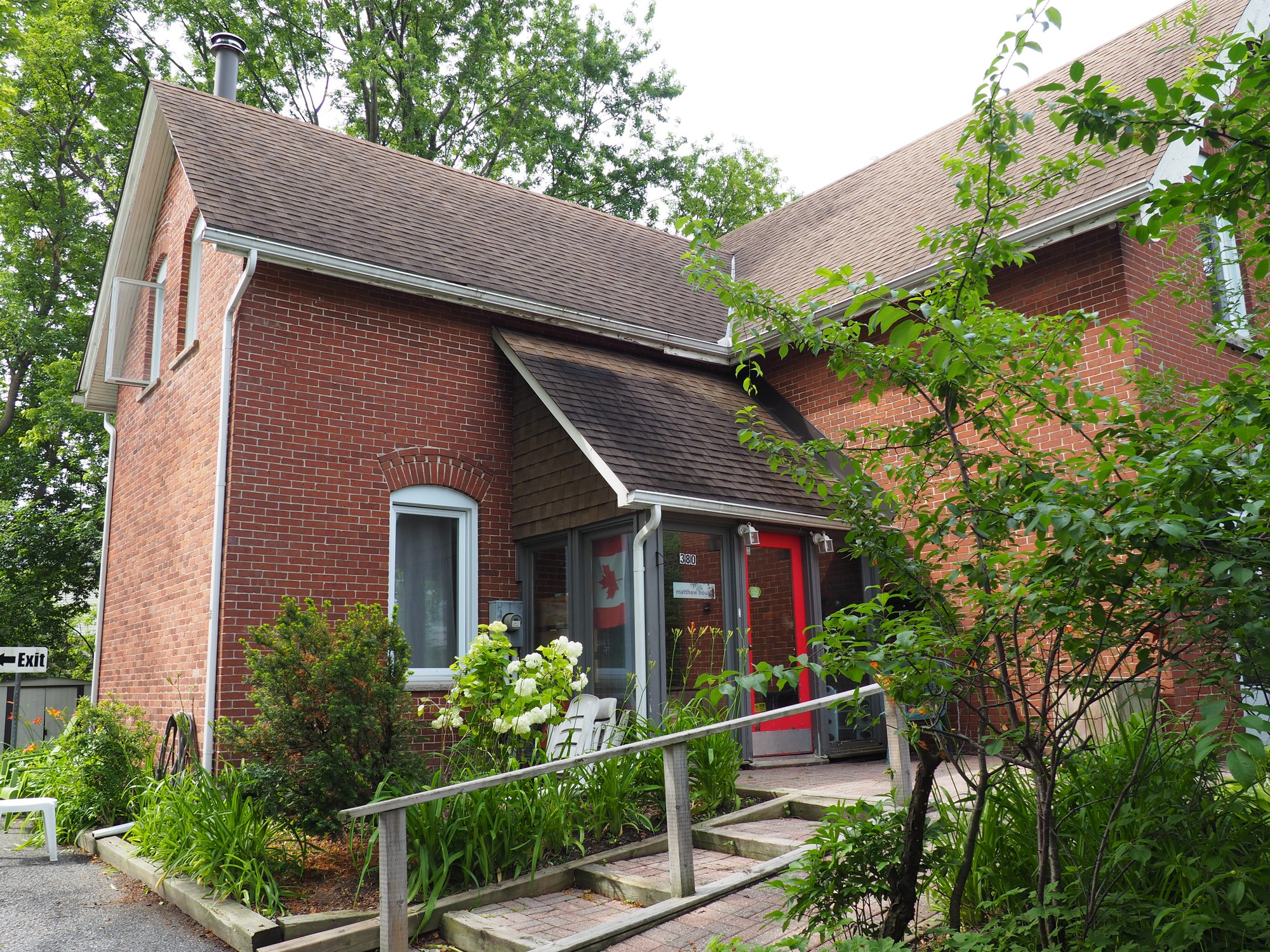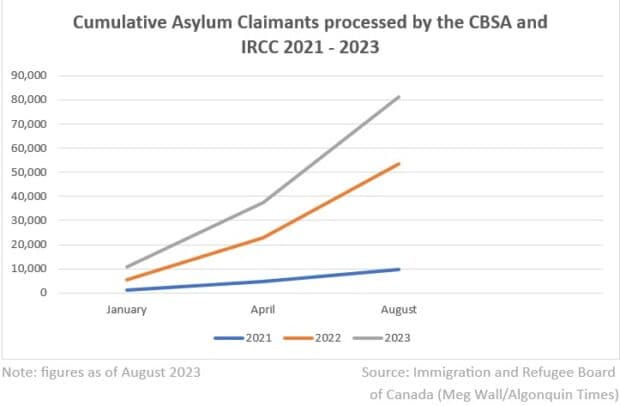Finding a place to call home can be challenging in today’s economy, but for asylum-seekers coming to Canada for refuge, the barriers can be insurmountable.
Working to ease the transition period for those applying for refugee status in the Ottawa area, Matthew House Ottawa is a local not-for-profit organization in College Ward offering refugee assistance for those with nowhere else to turn.
Modelled off of an organization of the same name in Toronto, Matthew House was established in 2010. Its mission is to provide transitional housing and refugee settlement assistance within the Ottawa area for refugee claimants who have come to Canada without any form of assistance from family, friends or the government.
“Our clients with the Refugee Services program are only the refugees who are coming into Canada with no other sponsorship,” said Brynn Brieda, fundraising and communications coordinator of Matthew House Ottawa.
“They don’t have a sponsorship family who’s helping them set up here. They basically cross the border with absolutely nothing, and are most of the time homeless.”
Just last year, Matthew House provided shelter, food and settlement assistance to 79 refugee claimants in Ottawa, as well as furnished 1,040 homes through their Furniture Bank program, where newcomers, low-income families and teenagers aging out of the foster care system can receive donated furniture and houseware.
Despite that achievement, the organization’s beds are always full.
“As soon as someone moves out, we take someone from the waitlist and move them in immediately,” said Brieda.

The Refugee Services program operates in two segments. When a client receives the call to say they are off the waitlist, they will be placed at a reception home where volunteers are on site 24/7 to help the newcomers adjust. After two-to-three months, if the client is still in need of support, they are moved to a transition home where assistance remains available, but is not on site.
In Ottawa, Matthew House has 13 housing locations — three reception homes and 10 transition homes — across the city, currently occupied by around 100 residents.
Even then, the organization has to turn away at least five referrals per week.
University of Waterloo pre-law student Maheer Mubtasim, who began his four-month co-op program with Matthew House last month, has found the process “really rewarding.”
“My job is to help them,” said Mubtasim. “So when I help them with something, they’re so grateful for it. It fills my heart. What I did for them, didn’t make a difference to me. But for them, I made a difference in their life.”
As of August, Canada had processed over 80,000 applicants from asylum seekers in 2023, a nearly 52 per cent increase from last year’s same time frame, according to Immigration, Refugees and Citizenship Canada.
College Ward city councillor Laine Johnson, who advocated for affordable housing in her 2022 municipal election campaign, says there is “good energy” in the political area of creating more affordable housing.
“So what I’ve been advocating to the mayor is that the solutions are in the community that Matthew house is able to scale up,” said Johnson.
“The city just needs to be putting themselves in a position to say yes.”



